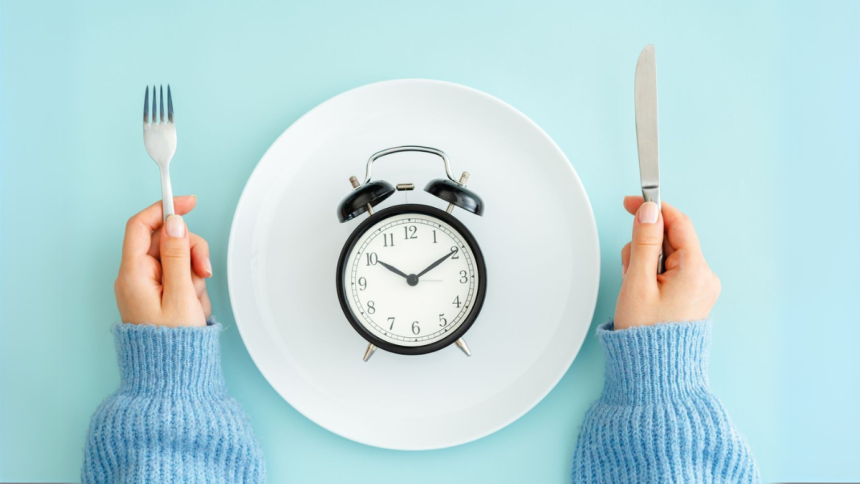Ramadan is coming, and many of us remember that time just nearing Maghreb. Sure, we feel hungry, tired, and very thirsty – but we also feel pain sometimes. You feel that dull ache in your knees, a stiffness in your back, or a subtle cracking in your joints when you move. Is fasting affecting your bones and joints? And more importantly, what can you do about it?
Fasting during Ramadan brings physiological changes. While most people focus on hydration and energy levels, fewer consider how fasting impacts their bones and joints. Yet, for those who already experience joint pain or conditions like osteoporosis, this can become a real concern. Dubai Neurologists are in consensus that patients don’t realize how fasting-induced dehydration and nutritional shifts can subtly affect musculoskeletal health.
Understanding how your bone and joint health may change during Ramadan.
Bones and joints are living structures that require consistent nutrition to stay strong. The body relies on a delicate balance of calcium, vitamin D, collagen, and hydration to maintain bone density and joint flexibility. When fasting, eating patterns change, and if the right nutrients aren’t prioritized, bone health can take a hit.
Dehydration is one of the most immediate concerns. Cartilage, the cushion between your joints, is mostly water. When the body lacks hydration, joints may feel stiffer, making movement uncomfortable. Long hours without water can also lead to muscle fatigue, which puts extra strain on bones and joints. If you’ve ever noticed your knees aching more in the evenings during Ramadan, this could be why.
Then there’s the issue of reduced calcium and vitamin D intake. Dairy products, a major source of calcium, may not always be prioritized in suhoor or iftar meals. Similarly, vitamin D, crucial for calcium absorption, is mainly obtained through sunlight exposure. Given that Ramadan often falls during summer, many people spend daylight hours indoors, further reducing vitamin D levels.
Who’s at risk?
Not everyone feels a direct impact, but certain groups need to be extra mindful:
• Elderly Individuals – As we age, bones lose density, making them more susceptible to fractures. Prolonged fasting without sufficient calcium and vitamin D can accelerate this process.
• People with Osteoporosis or Arthritis – Those with pre-existing bone conditions need to be especially careful, as any deficiencies can worsen symptoms.
• Athletes or Physically Active Individuals – Strenuous activity without proper hydration and nutrition can lead to joint stress, muscle cramps, and even an increased risk of injury.
Even an ENT in Dubai or just your GP can tell you how dehydration can lead to bone pains. It thickens the blood, reducing circulation and making joint discomfort worse.
So, how to keep safe?
1 Prioritize Hydration
Start by ensuring you’re drinking enough water between Iftar and Suhoor. While it’s tempting to indulge in juices and fizzy drinks, they don’t hydrate as well as plain water. Coconut water and bone broth can also be great alternatives for replenishing electrolytes.
2 Balance Your Diet
◦ Calcium-rich foods: Include dairy products, leafy greens, and fortified plant-based milk.
◦ Vitamin D Sources: Egg yolks, fatty fish, and mushrooms should be part of your meals.
◦ Collagen-Boosting Foods: Bone broth, citrus fruits, and berries support joint health.
◦ Anti-Inflammatory Ingredients: Turmeric, ginger, and omega-3-rich foods (like salmon or flaxseeds) help reduce joint stiffness.
3 Gentle Movement and Exercise
While intense workouts may not be ideal during fasting, gentle movements like stretching, yoga, or short evening walks can prevent joint stiffness. Strength training can also help maintain bone density, but ensure it’s done in a way that doesn’t lead to excessive fatigue.
4 Consider Supplements
If you struggle to get enough nutrients from food, supplements can help. Calcium, magnesium, vitamin D, and omega-3 supplements can support both bone and joint health. However, it’s best to consult with a medical professional before adding them to your routine.
Never be afraid of seeking specialized care!
While some joint discomfort during fasting is normal, persistent pain isn’t something to ignore. If you experience swelling, difficulty moving, or sharp pain, it might be time to see a specialist. An endocrinologist can assess whether hormonal imbalances or deficiencies are contributing to bone health issues, particularly if osteoporosis runs in your family.
Fasting can be a fulfilling experience, but it requires careful management to ensure it doesn’t negatively impact your health. Your bones and joints work tirelessly to support you, and they deserve the right care in return.
Lynn Martelli is an editor at Readability. She received her MFA in Creative Writing from Antioch University and has worked as an editor for over 10 years. Lynn has edited a wide variety of books, including fiction, non-fiction, memoirs, and more. In her free time, Lynn enjoys reading, writing, and spending time with her family and friends.















